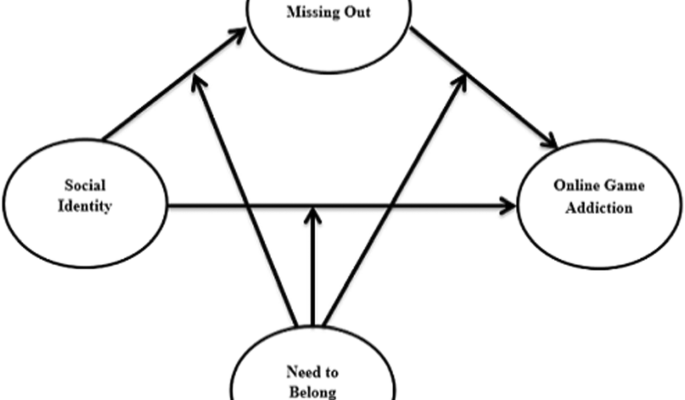Content Table:
Finding Your Identity in Online Games
Introduction
As of today, there are dozens of Massively-Multiplayer Online Role-Playing Games (MMORPGs) slated for release or currently in beta. With so many options available, it can be challenging to decide which online game to play. Most of us don’t have the time or money to invest in more than one game at a time. In this competitive landscape, software companies must devise creative strategies to distinguish themselves and retain their player base.
The Role of Fun and Ownership
After the initial hype surrounding a game fades, what keeps players engaged in the virtual world? For one, the game has to be enjoyable and consistently provide fun. Beyond that, players need a sense of ownership; they must feel a tangible connection and personal investment in their online experiences.
Online Games as an Extension of Real Life
Online games often serve as extensions of our real lives. What keeps us happy in the physical world typically translates to our happiness in the virtual realm. Players enjoy feeling special and having the ability to express themselves uniquely. They also appreciate the freedom to choose how they spend their time and what they do with their possessions.
Customizable Characters
One of the most crucial aspects of online games is the ability to customize in-game characters. A unique avatar allows players to stand out and helps define their identity within the game. The latest online role-playing games offer extensive customization options, allowing players to adjust hair color, style, facial features, height, weight, age, and gender. This flexibility enables players to create a one-of-a-kind avatar that represents them in the virtual world.
With the rise of voice chat in online games, players increasingly seek to customize their voices as well. Many gamers who invest time in designing their avatars want their voices to match. Products like MorphVOX from Screaming Bee allow players to alter their voices to fit their in-game characters, whether they choose to be a mighty giant or a space adventurer.
Character Development
Opportunities for improving a character’s abilities or skills are vital features of online games. Just like in real life, people enjoy the option to change their circumstances through self-improvement. By gaining skills and “leveling up,” players watch their online characters grow and evolve.
Possessions and Customization
Another way to enhance character identity in games is through clothing and possessions. Just as individuals express themselves through their real-life attire, characters should have the option to wear various outfits. Unique clothing combinations serve as a form of self-expression, defining a character’s style and helping them stand out in crowded virtual spaces. Depending on their mood, players enjoy having a range of outfits for different in-game events or activities.
A game that offers a variety of loot and treasures is especially appealing to gamers. Much of the excitement and engagement in online games comes from the thrill of discovering new and valuable items. Players often spend hours in the virtual world “camping” locations to find the latest and greatest loot.
The Importance of a Home
Having a place to call home in an online world is another significant aspect of identity. Players appreciate games that offer customizable player housing. The ability to design and personalize their homes can be so compelling that players continue to pay monthly fees for games they may have stopped playing, just to maintain a house they worked hard to acquire. Some even trade properties for virtual or real dollars.
Different Roles for Different Players
Just like in real life, gamers need a sense of purpose. Over time, the excitement of leveling up and acquiring new possessions can wane. Online games offer professions, player-driven economies, and guilds to provide players with roles, creating a virtual society.
Interdependence on other players keeps individuals engaged because they have a clear purpose or role in the game. Some players may choose to be merchants selling various goods, such as food, clothing, and weapons, while others may join guilds to work toward common goals or hunt together in larger groups.
As a result of their time in these vibrant virtual societies, online gamers often form lasting friendships. Many players transition from one virtual world to another, following their friends as new games are released. In the real world, these friendships can extend beyond the screen, with players supporting one another in good times and bad.
Going Beyond the Virtual World
The success of an online game in fostering a sense of ownership can be measured by its ability to transcend the virtual realm and impact players’ personal lives. Contrary to the belief that online games isolate individuals, they enrich the lives of many who invest time and energy into these immersive worlds.
As the online gaming community continues to grow, understanding the various motivations that drive players can enhance the gaming experience. By recognizing what keeps us engaged, we can foster a more inclusive and enjoyable gaming environment for everyone.



